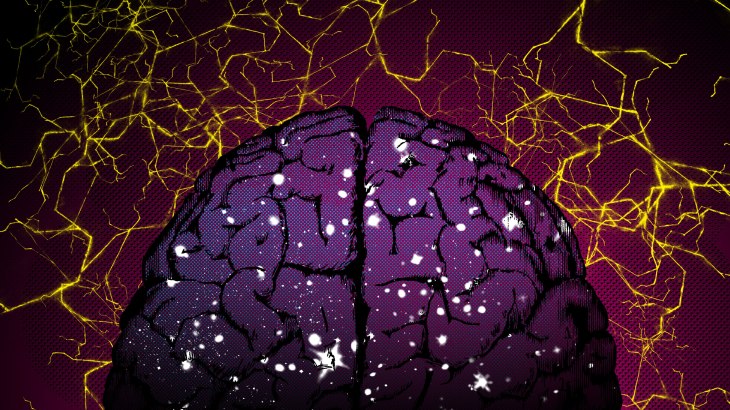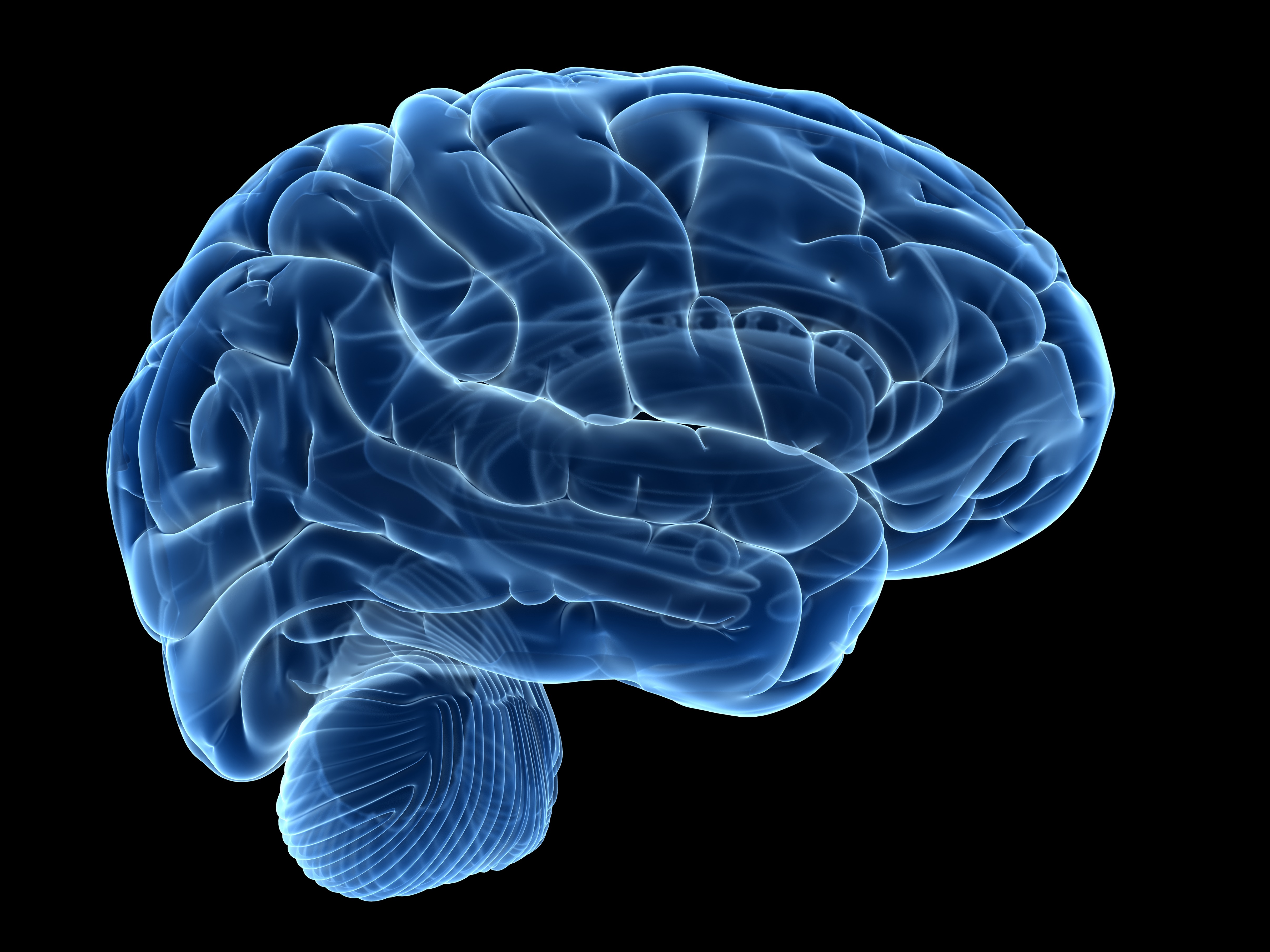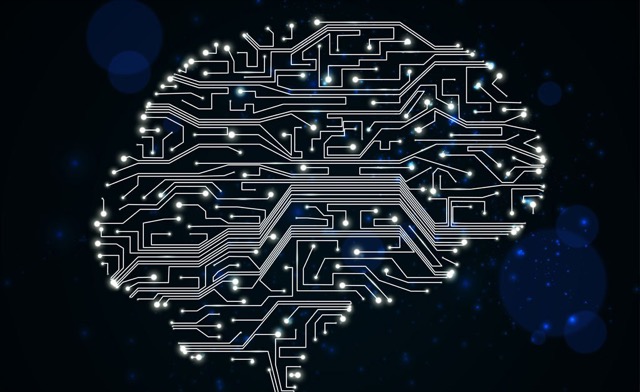Why we need to start thinking of hearing loss as a cognitive issue
Science is showing that hearing loss isn’t just simply due to the wear and tear of our ears, but also our brains. As reiterated in the New York Times recently, hearing loss is thought by many to be the largest risk factor in the development of dementia.
While hearing aids do the important work of amplifying sounds to make them easier to hear, they don’t address the brain’s role in processing sound (pulling relevant sound from background noise, identifying the directional source of sound, and processing the fast sounds of speech in a slowing brain). The downward spiral of cognitive decline has a lot to do with the brain’s struggle to process sound accurately as we age.
If you’re interested in discussing the relationship between hearing loss and cognition and what those with hearing loss should be doing to ward off cognitive decline, Dr. Henry Mahncke, neuroscientist and CEO of Posit Science, is available to comment. – Place comment and email address if you would like to pursue this and we will put you in touch with him. – EDITOR
Posit Science is the company behind BrainHQ, a brain training program that includes the only intervention ever shown to lower the risk of dementia in a randomized controlled trial. Dr. Mahncke’s expert commentary has been featured in Fast Company, International Business Times, MarketWatch, TechCrunch, and Forbes, among other publications. – See TechCrunch article published below:
Revising the results of last year’s study, Posit Science still effectively combats dementia
By Jonathan Shieber From TechCrunch November 16, 2017


Revising the results of their headline-grabbing, decade-long study, researchers from top universities still believe that a brain training exercise from app developer Posit Science can actually reduce the risk of dementia among older adults.
The groundbreaking study still has incredible implications for the treatment of neurological disorders associated with aging — and helps to validate the use of application-based therapies as a form of treatment and preventative intervention.
Even though dementia rates are dropping in the U.S., between four and five million Americans were being treated for dementia last year.
And the disease is the most expensive in America — a 2010 study from the National Institute on Aging, cited by The New York Times estimated that in 2010, dementia patients cost the health care system up to $215 billion per year — more than heart disease or cancer, which cost $102 billion and $77 billion respectively.
Now, the results of the revised study have been published in Alzheimer’s & Dementia: Translational Research & Clinical Interventions, a peer-reviewed journal of the Alzheimer’s Association. And they indicate that brain training exercises conducted in a classroom setting can significantly reduce the risk of dementia in older patients.


Image: SEBASTIAN KAULITZKI/Getty Images
Researchers from the Indiana University, Pennsylvania State University, the University of South Florida, and Moderna Therapeutics conducted the ten year study, which tracked 2,802 healthy older adults (with an average age of 74) as they went through three different types of of cognitive training.
The randomized study placed one group in a classroom and taught them different memory enhancement strategies; another group received classroom training on basic reasoning skills; while a third group received individualized, computerized brain training in class. A control group received no training at all.
People who were in the cognitive training groups had 10 hour-long training sessions that were conducted over the first five weeks of the study. They were then tested after six weeks with follow on tests after years 1, 2, 3, 5 and 10.
A small subset of those participants received smaller booster sessions in the weeks leading up to the first and third year assessments.
After ten years, the researchers didn’t find a difference in the incidence of dementia between participants in the control group and the reasoning or memory strategy groups. But the brain training group showed marked differences, with researchers finding that the group who received the computerized training had a 29 percent lower incidence of dementia.


“Relatively small amounts of training resulted in a decrease in risk of dementia over the 10-year period of 29 percent, as compared to the control,” said Dr. Jerri Edwards, lead author of the article and a Professor at the University of South Florida, College of Medicine in a statement. “And, when we looked at dose-response, we saw that those who trained more got more protective benefit.”
To put the study in context, Florida researchers compared the risk reduction from dementia associated with the brain training to the risk reductions blood pressure medications have for heart failure, heart disease or stroke. What they found was that the brain training exercises were two-to-four times more effective by comparison.
“No health professional would suggest that any person with hypertension forego the protection offered by prescribed blood pressure medication,” said Dr. Henry Mahncke, the chief executive of Posit Science, in a statement. “We expect these results will cause the medical community to take a much closer look at the many protective benefits of these exercises in both older and clinical populations.”
The study was conducted in part from funding from the National Institutes of Health as part of its Advanced Cognitive Training for Independent and Vital Elderly Study and refines work from an earlier study published last year.


Posit Science’s brain training exercise was initially developed by Dr. Karlene Ball of the University of Alabama at Birmingham and Dr. Dan Roenker of Western Kentucky University.
The company has the exclusive license for the exercise which requires a users to identify objects in the center of their field of vision and their peripheral vision that are displayed simultaneously. As the user identifies objects correctly, the speed with which images are presented accelerates.
This isn’t the first study to show how Posit Science’s brain training techniques can help with neurological conditions.
In October, a report published in the Journal of Clinical Psychiatry, revealed research that brain training can improve cognition for people with bipolar disorder. Based on research from Harvard Medical School and McLean Hospital, the stud found that using Posit Science’s BrainHQ app drove improvements in measurements of overall cognitive ability among bipolar patients.
“Problems with memory, executive function, and processing speed are common symptoms of bipolar disorder, and have a direct and negative impact on an individual’s daily functioning and overall quality of life,” said lead investigator Dr. Eve Lewandowski, director of clinical programming for one of McLean’s schizophrenia and bipolar disorder programs and an assistant professor at Harvard Medical School, at the time. “Improving these cognitive dysfunctions is crucial to helping patients with bipolar disorder improve their ability to
thrive in the community.”
Both studies are significant and both bring credence to an argument that computer-based therapies and interventions can play a role in treating and preventing neurological disorders.
They also help to combat a real problem with pseudoscientific solutions and hucksters making false claims about other brain training products that have come onto the market. For instance, the brain game maker Lumosity had to pay a $2 million fine for false advertising from the Federal Trade Commission.
But applications like MindMate, which is working with the National Health Service in the UK, or Game On, which was developed by researchers at Cambridge are showing real promise in helping alleviate or counteract the onset of dementia.
“There are now well over 100 peer-reviewed studies on the benefits of our brain exercises and assessments across varied populations,” said Dr. Mahncke. “The neuroplasticity-based mechanisms that drive beneficial changes across the brain from this type of training are well-documented, and are increasingly understood even by brain scientists not directly involved in their development. This type of training harnesses plasticity to engage the brain in an upward spiral toward better physical and functional brain health.”
For more on this story go to: https://techcrunch.com/2017/11/16/revising-the-results-of-last-years-study-posit-science-still-effectively-combats-dementia/





